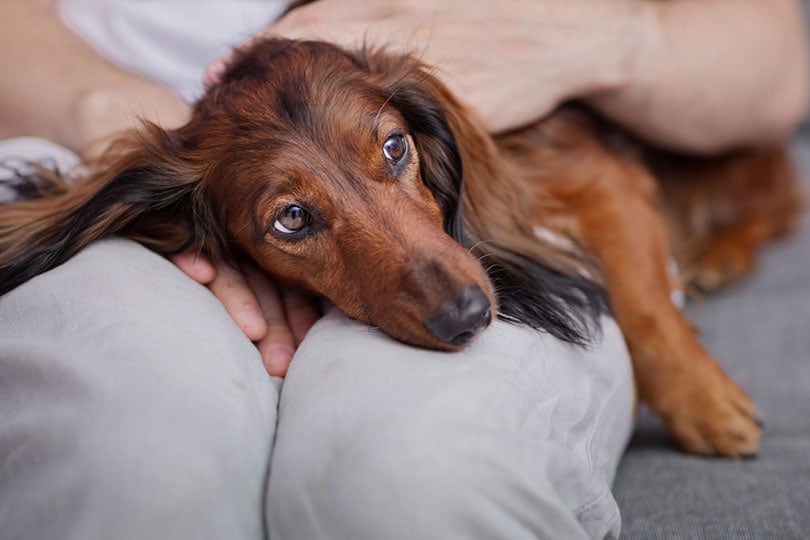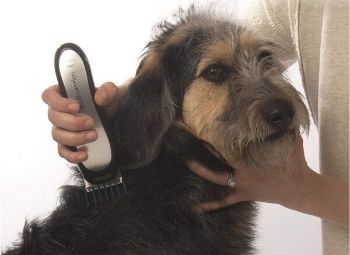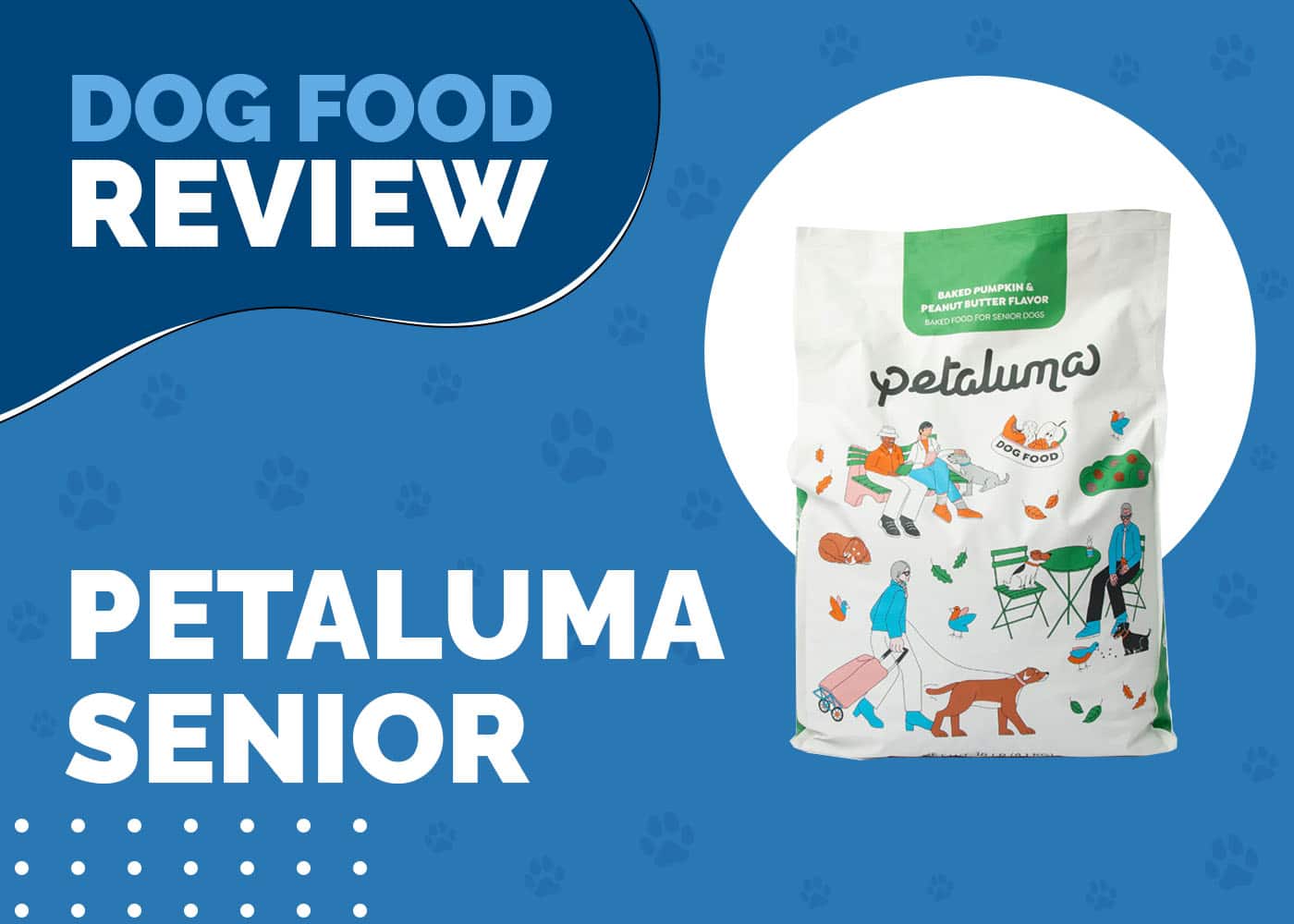5 Small Herding Dog Breeds (With Pictures)
Updated on
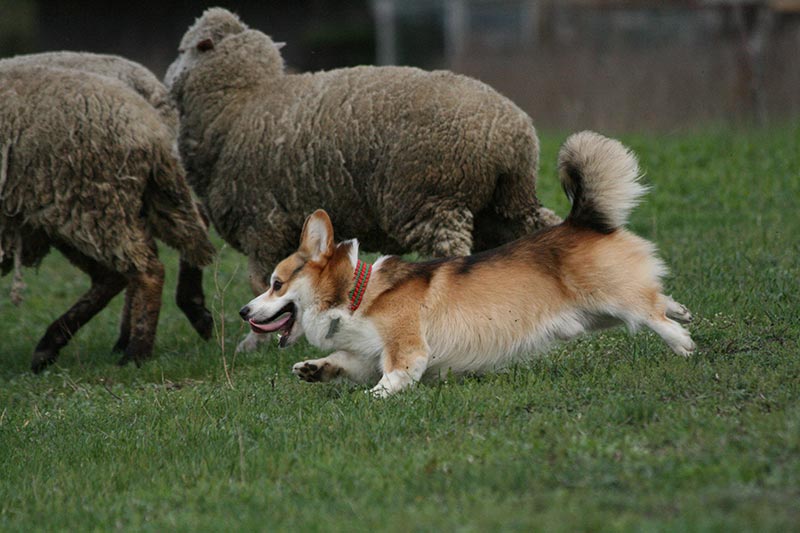
If you need a herding dog, but you’re looking for a smaller breed to keep your herd in line, there are a few smaller breeds that will do exactly what you’re looking for.
Breeds in the herding category are known for their speed, excessive barking, and eye contact—all to make sure the herd stays where they want it to be.
While many dogs are kept as house pets rather than herding dogs, these dogs still have the deep instinct to herd. This list was created to help you figure out which dog suits your needs.
The 5 Small Herding Dog Breeds
1. Shetland Sheepdog
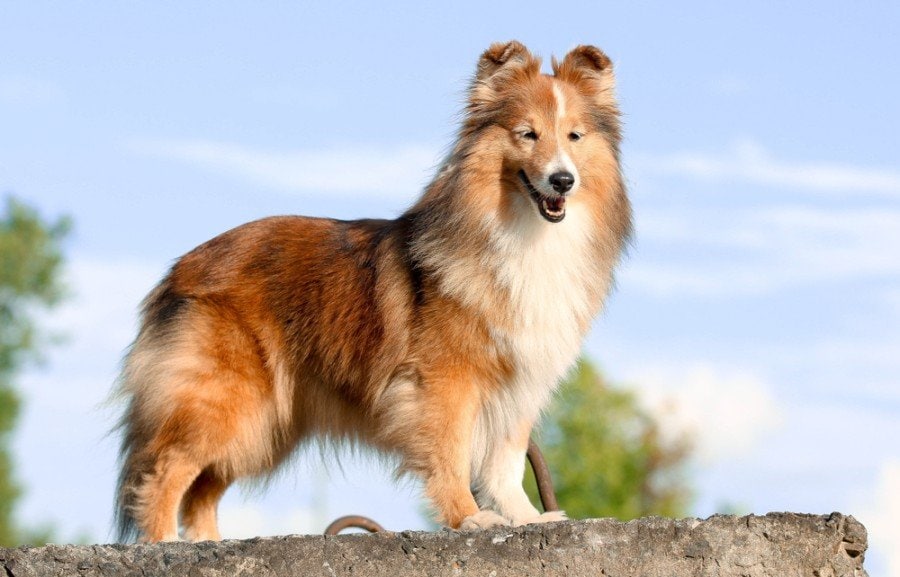
This sheepdog is a very good candidate for small herding dogs. They are extremely affectionate with their family and are generally great with children and other dogs. Of course, each dog varies, but these dogs are known for being affectionate and gentle. These dogs are amazing family pets and thrive when they’re in a loving family environment.
They naturally herd anything and everything from sheep, to birds, to even children. They are extremely smart, and succeed when they are given tasks and trained properly. They work amazingly as not only herding dogs but also service dogs and therapy dogs. They are also known for being great dogs for dog sports such as obedience, agility, and so on.
One thing you need to keep in mind when it comes to Shetland Sheepdogs is the fact that they are extremely energetic. They’re going to need something to do most of the time to get their energy out. Whether that be a large place to play, playmates, toys, or all of the above, it’s important to have things for your sheepdog to get up to.
They’re also very weary of strangers, making them great guard dogs. They will bark at any suspicious person or animal, letting you know if someone unknown is nearby. They are very trusting and protective of their family and will definitely warn you when something’s up. However, they are not usually aggressive towards strangers, just weary.
Their coats do need maintenance, and they also shed quite a bit. You’ll have to be sure to take them to the groomer every few weeks or so in order to keep them in tip-top shape. They have a double coat, too, which means more shedding in the spring to shed their winter coat.
2. Cardigan Welsh Corgi
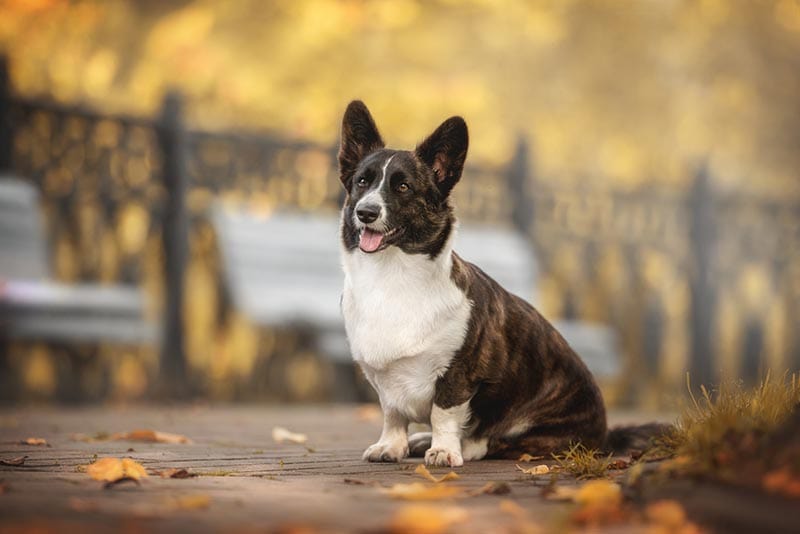
Cardigan Welsh Corgis make great herding dogs. They are fairly affectionate and known to usually be good with children, though you may want to be careful when it comes to other dogs. These dogs come in many different colors from blue-merle to red to brown, and they are perfect family pets.
They are, in their blood, working dogs. They have a fairly high energy level and often need something to do, some kind of task, or other things such as playing. However, unlike Shetland Sheepdogs, they are okay if you don’t give them a job. They will be okay with not working, but they still have high energy and will need a place to run around and play.
They are really easy to train, making them great herding dogs. They also handle change pretty well, again, making them great for certain jobs. However, if you don’t like barking, this is not the breed for you. This breed is extremely vocal, barking at any opportunity and even just at random. They are very playful, and since they are good with children, they make the perfect playmate.
Unlike the breed above, they are pretty open to strangers, in most environments. However, they are like the Shetland Sheepdog as they shed quite a bit. Essentially, these dogs are a great breed whether you’re looking for a working dog or not. They make great family pets and are very friendly to both adults and children.
3. Pembroke Welsh Corgi
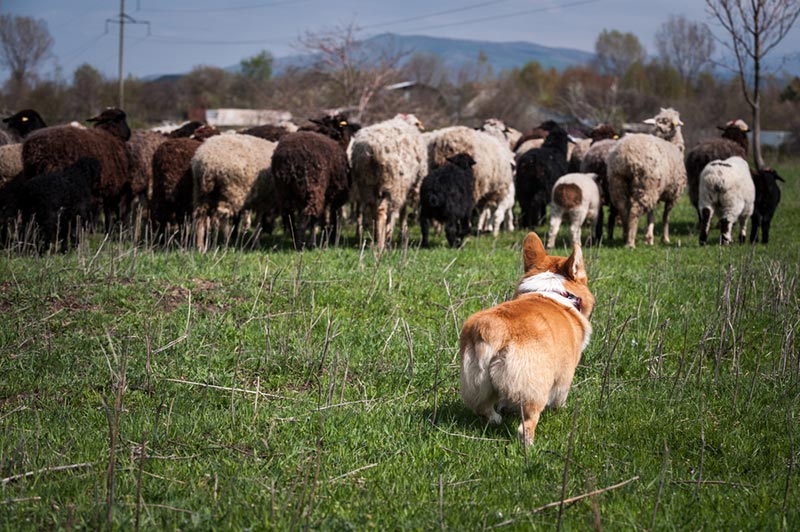
While a lot like the Cardigan Welsh Corgi, they differ quite a bit. For one, they are very affectionate, yet can struggle around children. They also do quite well in environments with other dogs, so keep those facts in mind.
They shed a lot, so their area will require more vacuuming, and they are more likely to cause allergies to act up. Though they shed a lot, they don’t have to be groomed very often, only every month or so to make sure they get cleaned well.
They are very friendly to others and are also very playful. They do have quite a high amount of energy, so be sure to give them plenty of playtime, take them on walks when you can, or just allow them to go outside if you have a way to ensure they come back and stay nearby. They are also known for being very trainable, being fairly eager to please, doing tasks, and being trained easily.
One of the best things and simultaneously one of the worst things about this dog is their watchdog nature. They are very protective over their family and will alert you at any sighting of an unknown origin such as an unfamiliar person or even just a squirrel. If you don’t like barking that much, then this breed is not for you.
They are natural herders, they will herd livestock and do tasks as you need them to, since they are pretty easily trained. If you need a small guard dog or herding dog, this could be the breed for you.
4. Pumi
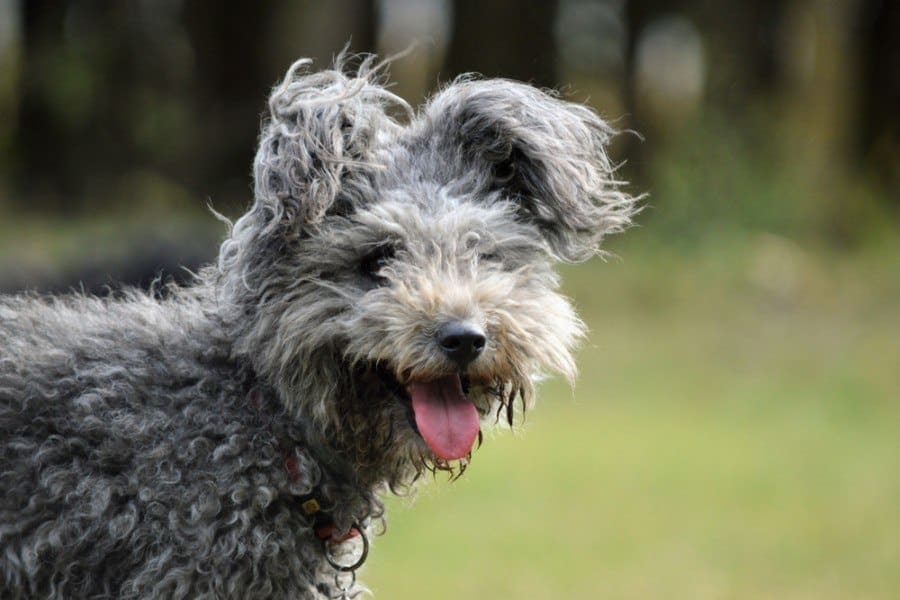
Pumi dogs are known for being working dogs, requiring a job and mental stimulation near constantly. They have a very high energy level and need to be given tasks or some other way of mental stimulation a lot of the time.
These dogs are known for being extremely affectionate. They don’t shed at all, so that’s definitely a plus if you’re looking for a dog that you won’t have to clean up after too often.
They are known for their work, being able to herd basically anything down narrow paths, and doing as many tasks as you require. Their quick-learning nature makes them perfect working dogs, meaning that they can do anything you’d want your dog to do, essentially.
Even though they tend to be very, very energetic dogs, they can also be quite the cuddler when it is time to settle down. It’s recommended that if you have them as just a house pet, you work with them and give them the mental stimulation they need.
5. Swedish Vallhund
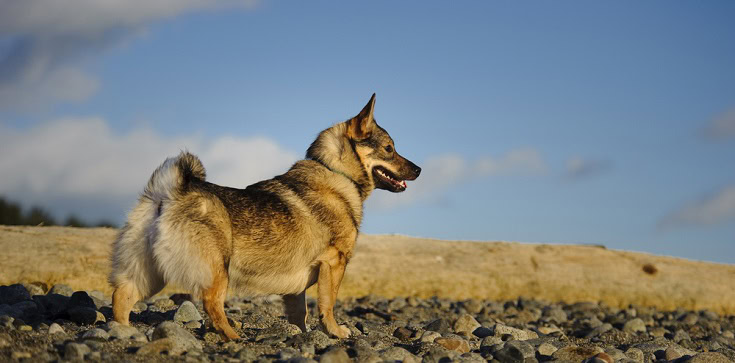
The Swedish Vallhund is an amazing working breed. They are known for their affectionate and active lifestyle, and their build, perfect for nipping at the ankles of livestock.
These dogs are very affectionate and good with children. They are very smart and sociable, though they may not get along well with other dogs. They have a dense coat, perfect if you live somewhere cold. They tend to shed quite a bit but don’t require grooming too often. They tend to be open to strangers, so if you have anyone visiting, or a new member of the family, you can trust them to not be aggressive. They are also very playful and energetic dogs, almost always wanting to play and run.
The Swedish Vallhund is very easily trainable and is perfect as a herding dog due to their short stature. They thrive when given a task and are very smart, leading them to need more mental stimulation than some other breeds.
They are known for being Viking dogs from over 1,200 years ago. They would sail on Viking longships, trained for multiple different tasks. While we’re sure you won’t be sailing any Viking vessels any time soon, the Swedish Vallhund still has the instincts required to be trained.
Conclusion
There are many kinds of herding dogs. Smaller herding dogs are great for nipping at the ankles of livestock and other animals. All of these breeds listed are easily trained and great picks for your next herding dog. They’re all easily trainable and energetic, and make great family pets.
Featured Image Credit: Inessa Melikova, Shutterstock


